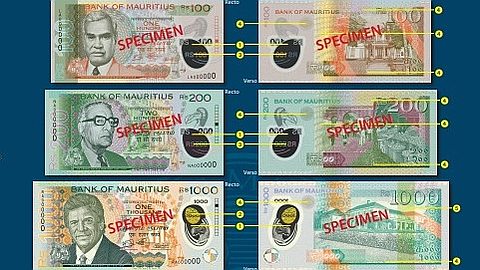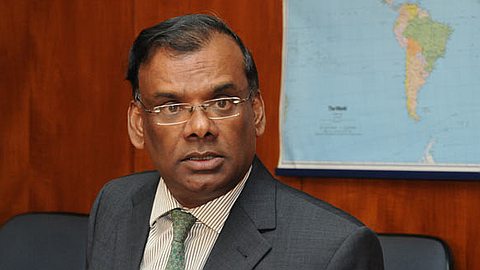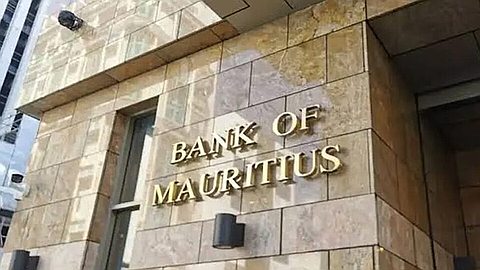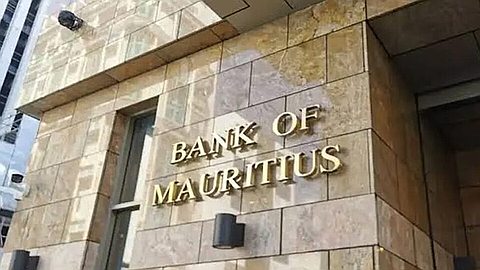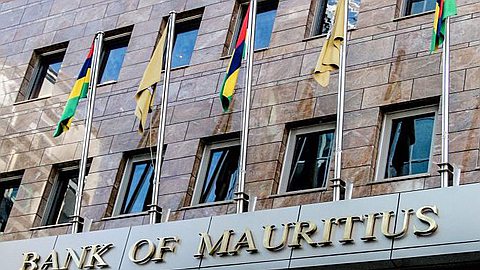BoM declares war on money laundering
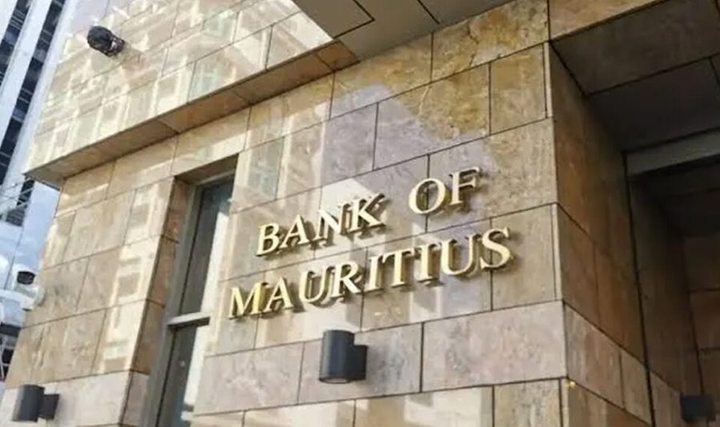
It is not a "demonetization" as India experienced in 2016, "since no note will be replaced; no new member will be introduced into the family of existing notes," it is added. It is the technology that is changing because everything will switch to polymer. At the level of the Central Bank, it is highlighted that an increasing number of counterfeit Rs 2,000 notes have been in circulation for some time.
In the past, banknote security features were designed to be known only to issuing authorities. In the face of the rise of counterfeiting, these features have evolved considerably, incorporating advanced technologies such as UV detectors. However, in a context where counterfeiting is facilitated by widespread access to sophisticated digital tools, it is unrealistic to expect citizens to have such equipment at all times. For more than a decade, highly advanced security features, both expensive and difficult to reproduce, have been available to issuing authorities. These innovations allow for simple visual verification, without the need for bulky equipment. For example, some notes incorporate transparent windows, with holographic images that are impossible to counterfeit at low cost. By tilting such a note, shiny patterns or color variations appear, making any imitation obvious.
Should we withdraw the Rs 2,000 note?
The Rs 2,000 note is the most commonly counterfeited. Some suggest it should be withdrawn from circulation. But would that put an end to counterfeiting? Not likely. If it disappears, the Rs 1,000 note could become the new target for counterfeiters. To limit the risks, authorities must make counterfeiting expensive and complex. The notes must incorporate security features so advanced that they become nearly impossible to reproduce, thereby reducing the counterfeiters' potential profits.
Introduced at a time when electronic payments were not as widespread, the Rs 2,000 note was intended to facilitate large-value cash transactions. But today, the ubiquity of online banking and electronic payment systems makes this argument obsolete. Billions of rupees are transferred every day in Mauritius via electronic platforms, representing several times the country’s annual Gross Domestic Product. These systems enable secure and efficient legal transactions, even in rural areas of Africa or Asia.
So why does a section of the well-educated Mauritian population still prefer to use high-value notes? This preference raises questions. Some may seek to circumvent traceability systems for less avowable reasons, such as money laundering. Maintaining large denominations, such as the Rs 2,000 note, could even encourage such practices.
Besides being the most counterfeit-prone note, the Rs 2,000 note is also the most expensive to produce. This puts an unnecessary strain on the finances of the issuing authority. Several central banks, such as the European Central Bank, have already withdrawn their larger denominations for similar reasons.
In Mauritius, the Rs 2,000 note seems to have lost its relevance. Its elimination would not disrupt the payments system and would help reduce the risks associated with illicit activities. Faced with a growing threat of counterfeiting and changing economic needs, the withdrawal of this note appears to be a logical and necessary measure.
According to our sources, the shortage of foreign currency and the lack of Rs 2000 notes on the market are due to the smuggled funds amassed and used by big drug traffickers. The authorities want to take the bull by the horns. Bank notes are a way to start, we are told…

